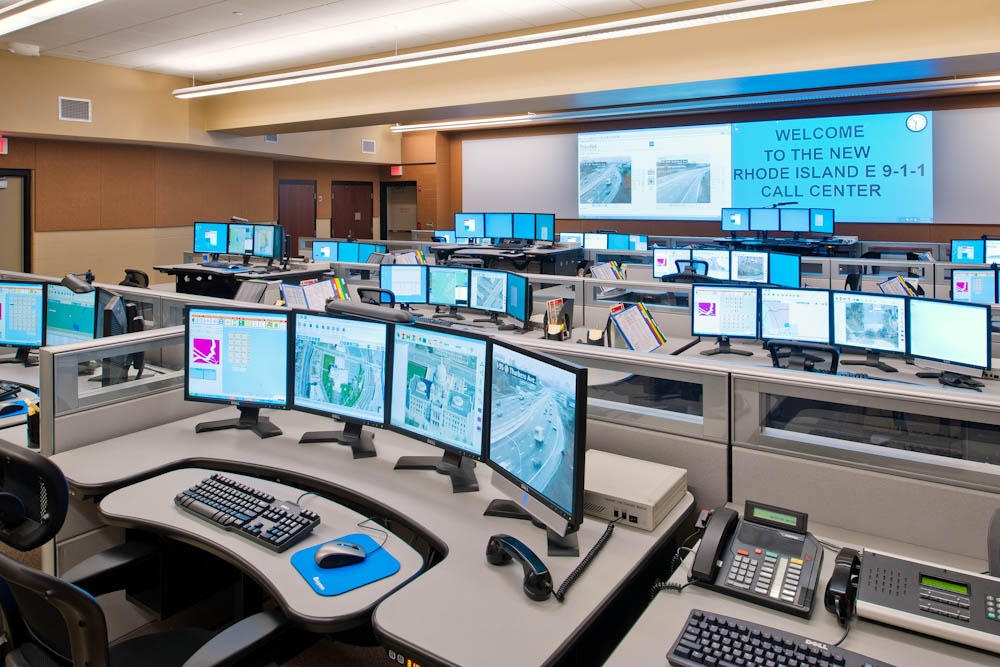
Israeli company Carbyne has entered the American market with its revolutionary 911 call enhanced system according to Healthcare Weekly Magazine.
Carbyne’s solution will allow emergency teams in Fayette County, D.C., to pinpoint the location of a caller in a matter of seconds says Amir Elichai, Carbyne’s founder and CEO.
Carbyne uses callers’ smartphone GPS location and native camera function to pass critical information to 911 dispatchers. According to Healthcare Weekly, this solution may improve overall response times by 60-65% saving more lives and providing critical information to first responders.
If successful, the company has the potential to become one of the premier digital transformation solutions in healthcare and emergency response technologies. After all, the information that is passed to first responders is critical to providing the best quality of care to people in need of emergency services.
The Carbyne solution allows callers to share live streaming videos and text information directly to the dispatcher. This will help emergency teams reach their patients in time and be prepared beforehand in order to better intervene.
Although Carbyne (formerly Reporty) has operated in 160 countries from various parts of the world since 2016, entering the USA has not proven easy. Local authorities have been difficult to convince in adopting this new technology, despite the platform’s clear benefits.
But since the implementation in Fayette County started, by training 911 officers, reactions have been good, and Bernard J. Brown, director of 911 Fayette County is convinced the Carbyne call system is the good choice. Only the future will tell, once the system becomes operational this fall, if Carbyne struck gold or if some other developer will benefit from its experience.
Recent advancements in artificial intelligence have led to drastic changes in how people and technologies interact with each other.
But Healthcare Weekly also notes certain barriers to user adoption which may prove insurmountable for solutions like Carbyne.
The Carbyne solution will require users in distress to unlock their smartphones, locate the Carbyne app, wait for the main mobile page to load then tap on “call 911” before being able to share critical data with dispatchers. Whereas calling 911 directly, though not the most high-tech technology, can be done in a heartbeat without even unlocking a smartphone.
Whatever the future holds, one thing is certain: 911 calling protocols are antiquated and in a serious need of an upgrade. Only time will tell if Carbyne is the solution to this problem.



